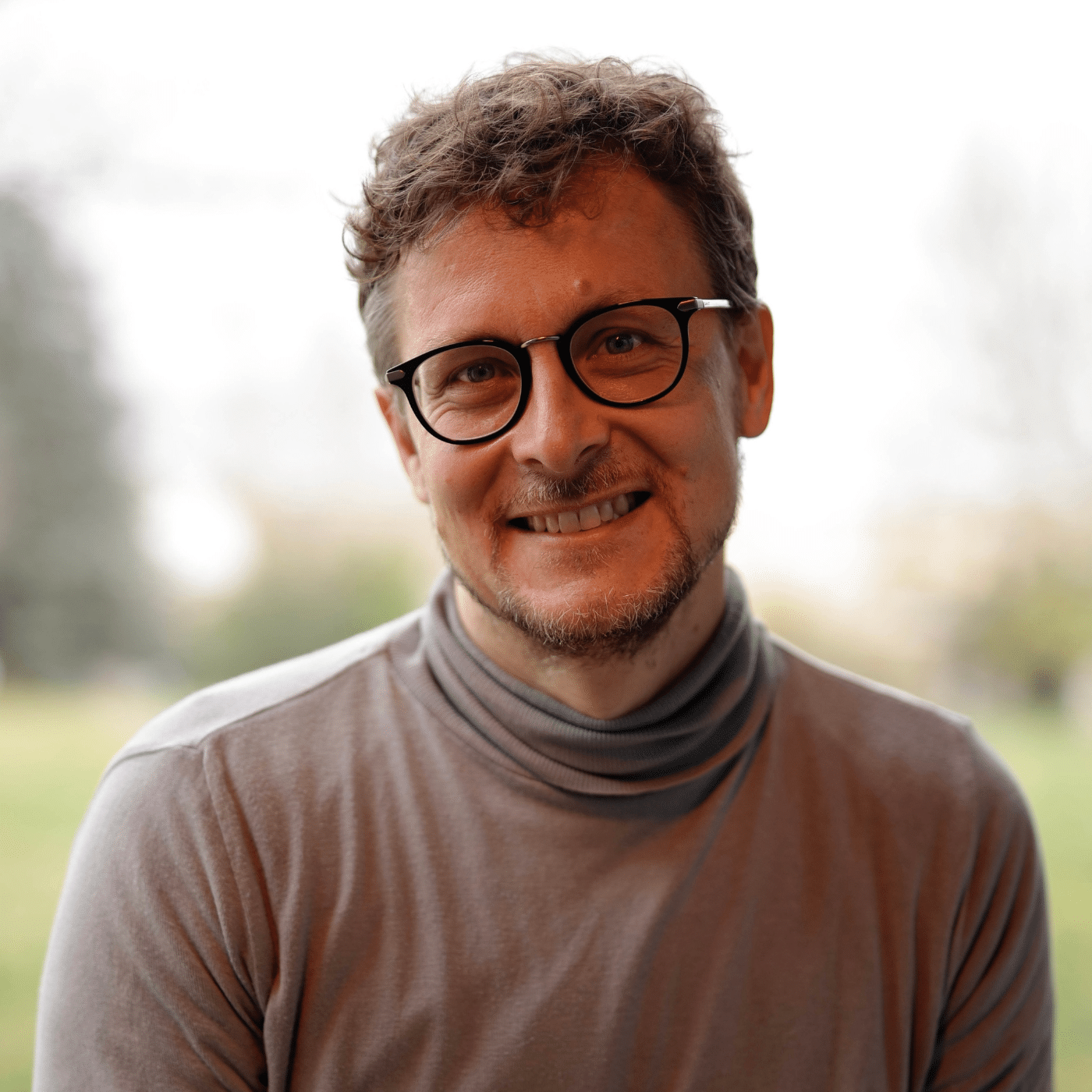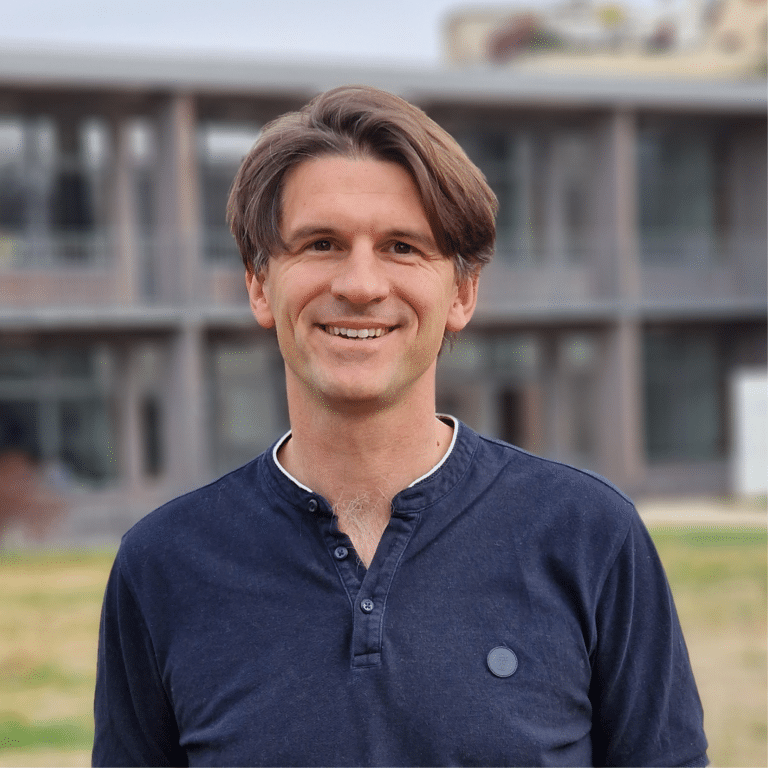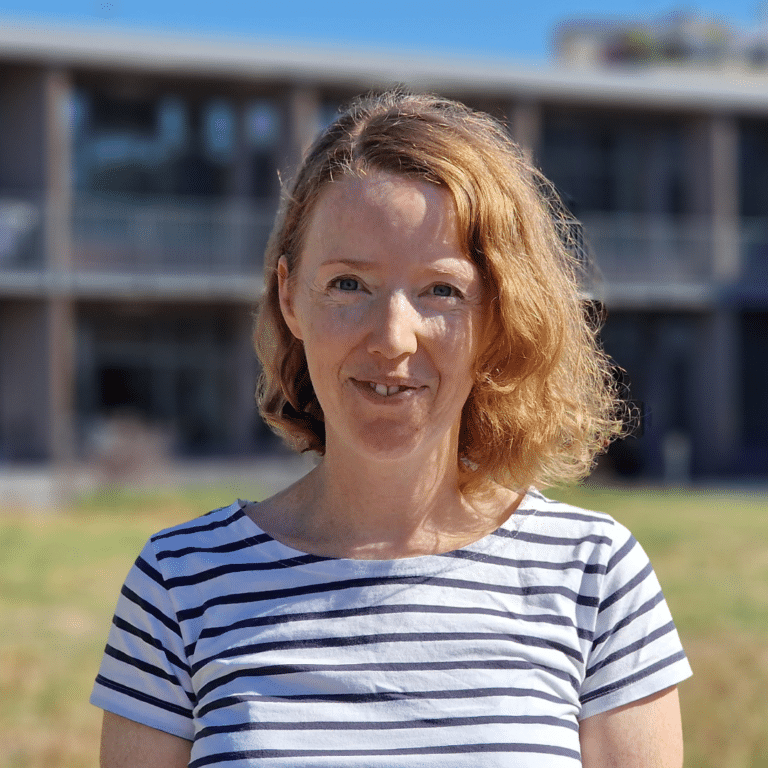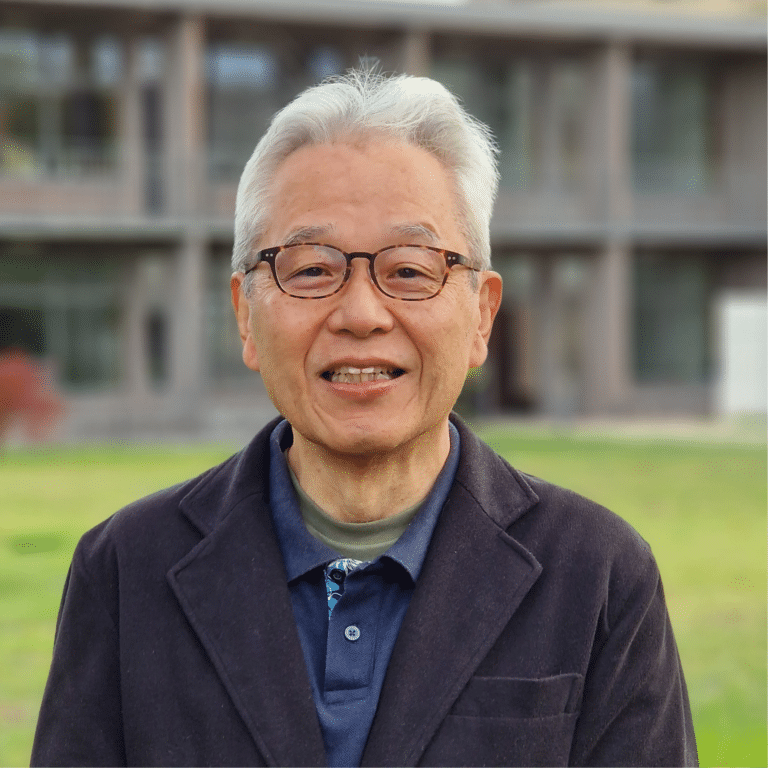
William Sacher
Research project
Inter/transdisciplinary tools for evaluating the sustainability of large-scale mining activities in the context of the Global South
Summary of the research project
William Sacher’s research project at Iméra, the Institute for Advanced Study of Aix-Marseille University, aims to establish an innovative connection between the concepts and methods of environmental economics, ecological economics, and geosciences. The main objective of the project is to develop new interdisciplinary indicators and tools to assess the “sustainability” of large-scale mining in the Global South. Large-scale mining in the Global South can be both a driver of economic growth through tax revenues and a source of severe impacts on socio-ecosystems as well as social conflicts. This research aims to address three key challenges related to the United Nations’ Sustainable Development Goals (SDGs): improving living conditions and reducing vulnerability for affected populations, preserving ecosystem integrity, and ensuring sustainable management of mineral resources to support ecological transition. Large-scale mining in the Global South can be both a driver of economic growth through tax revenues and a source of severe impacts on socio-ecosystems and social conflicts.
Analysis of Ecuador and Morocco Cases
The research project will focus on a mixed (quantitative and qualitative) method for integrated evaluation of mining activities, using case studies from Ecuador and Morocco. Firstly, the project plans to develop monetary metrics to assess the sustainability of mining activities. This involves conducting extended cost-benefit analyses that take into account the environmental and socio-economic costs, expenses, and losses incurred by states. Additionally, the project will explore energy calculations that integrate thermodynamics and economics. Secondly, qualitative evaluation tools will be developed to consider political and socio-cultural dimensions, guided by the search for environmental justice. This includes explicit recognition of historical and current power relations in the Global South, the physical and symbolic violence suffered by rural and indigenous communities, and the potential for co-creating just and sustainable solutions.
Challenges of Large-Scale Mining in the Global South
Mining activities, including exploration, extraction, refining, and recycling, are essential for modern life but pose an increasing threat to socio-ecosystems at various spatial and temporal scales. Many United Nations SDGs, such as poverty reduction, quality education, and access to clean water and sanitation, depend on a sustainable supply of metals and minerals. Paradoxically, these same objectives are threatened by the consequences of mining activities, including environmental degradation, increased vulnerabilities, and social conflicts. Large-scale mining can attract significant foreign investment and generate considerable tax revenue, but it can also hinder macroeconomic, political, and social development in the Global South. The mining industry is often associated with authoritarianism, corruption, social conflicts, land grabbing, and various forms of violence, compromising the well-being and resilience of affected populations.
Beyond Disciplinary Approaches to Sustainability
The question of mining sustainability has been subject to many analyses in recent decades. However, these analyses often remain limited to disciplinary approaches focused solely on technical aspects. While standardization and comparability of sustainability assessments are desirable, an interdisciplinary perspective is essential to understand the complex interconnections and feedback involved in mining activities. Current interpretations of macroeconomic difficulties, violence, and human rights violations related to mining tend to rely on positivist views of social phenomena, emphasizing “best practices,” corporate social responsibility, and self-regulation of multinational mining companies. To truly address the challenges posed by large-scale mining in the Global South and align with the SDGs, a more complex, integrated, and transformative global approach is required.
Potential Contributions of Geosciences, Environmental Economics, and Ecological Economics
William Sacher’s research project proposes a transdisciplinary dialogue between geosciences, environmental economics, and ecological economics to address the sustainability of large-scale mining. Geosciences and engineering will contribute by characterizing the environmental impacts of mining activities, including pollution, hydrological disruptions, natural and industrial risks, deforestation, biodiversity loss, agricultural productivity decline, loss of carbon capture, and greenhouse gas emissions. On the other hand, environmental economics, with its cost-benefit analyses, will provide a monetary approach to assess the uneven distribution of extracted wealth. Ecological economics, with its holistic vision of the economic system as a subsystem of nature, will facilitate the consideration of non-monetary exchanges and impacts on nature, promoting a more equitable distribution of mining benefits. A territorial approach will also be considered to analyze historical, physical, symbolic, and emotional appropriations of space, as well as conflicts arising from mining activities.
Biography
William Sacher is an interdisciplinary teacher-researcher who is trilingual and internationally oriented. He holds two doctorates, one in geosciences and the other in development economics. Currently, he serves as an associate professor at the Andina Simón Bolívar University in Quito, Ecuador, where he has been residing for more than a decade. With a strong research background in the field of political economy of natural resources, he specializes in studying the social and environmental impacts associated with large-scale mining activities.
Over the course of the last 15 years, William has pursued an interdisciplinary approach to address mining-related issues in various regions, including North America, Latin America, the Caribbean, and Africa, gaining valuable field experience in these contexts. In his previous work, he focused on analyzing the role of Canadian stock exchanges in financing international mining ventures.
In recent times, William’s research has been centered around Chinese mining investments in the Andean region. He has also been actively involved in developing alternative evaluation tools for mining activities. Additionally, his theoretical research delves into exploring the transdisciplinary connections between thermodynamics and economic analysis of scarcity, recycling possibilities, and sustainable exploitation of natural resources.
William Sacher’s diverse academic pursuits and international experiences make him a valuable contributor to the field of research on sustainable mining practices and their implications on both social and environmental aspects.



